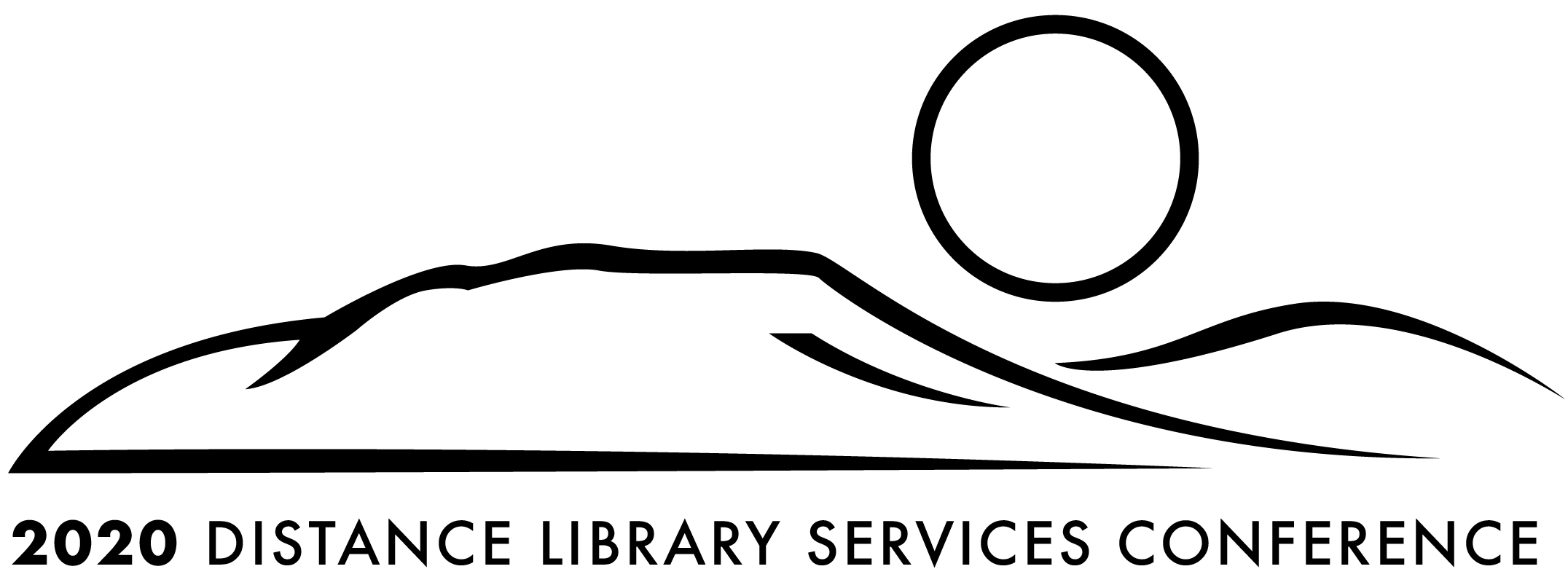The Groundwork: Scaffolding Library Assignments in an Asynchronous Distance Education Environment
Session Format
In-person Full Paper Presentation
Conference Tracks
Library Instruction and Instruction Design; Research Design and Planning
Short Description
This paper seeks to demonstrate the use of scaffolding Information Literacy assignments, which focus on digital literacy in an asynchronous distance education course. By utilizing a host of online tools, mainly OER material, it is the hope to incorporate assignments built into the syllabus of many distance education courses. Information literacy assignments will run concurrent with the research assignments presented in the student deliverables part of the course. Beginning with digital literacy assignments, which will gradually grow from initial familiarization with library/database research, the assignments will develop into more elaborate information-seeking analysis.
Long Description
Digital Literacy is essential for even the most basic navigation of an asynchronous distance education platform. It is the hope that digital literacy combined with traditional Information Literacy can be incorporated more directly into the body of an asynchronous syllabus. In order to work as such, a strategy of scaffolding assignments that begin with basic navigation and work their way up to more complex information seeking analysis must be applied. The design, utilizing the ACRL Distance Education Framework, and the precepts set forth in ACRL Infographic, will help to inform these assignments which run concurrently, if not directly with the research assignment deliverables of the course. OERs should play a significant role in building the assignments, The role of OERs leads to greater academic freedom for the instructor, as well as enhanced accessibility for the student. ACRL highlights significant protocols for building these assignments. Beginning with the precept that "equability meeting the research needs of all constituents, wherever they be." a strong library presence is essential for meeting those needs and an ever-increasing need for a information literacy component is called to the bridge the gap between distance learners and the academic rigor of traditional educational institutions. This can be done with simple scaffolding exercises and increased, challenging information practices inquiries. It is essential that these exercises can work harmoniously with the main instructor and not interfere with other distance learning objectives, but to enhance the quality of the experience. Personal and staffing issues remain challenges to this, yet, if the challenges are met, the result will be a rigorous and thorough distance education experience.
Learning Objectives
1. to enhance the quality of the distance education experience by maintaining a significant Information Literacy presence
2. to connect distance learners to the most common and essential information seeking practices.
3. to connect distance learners with research through scaffolding assignments.
The Groundwork: Scaffolding Library Assignments in an Asynchronous Distance Education Environment
Digital Literacy is essential for even the most basic navigation of an asynchronous distance education platform. It is the hope that digital literacy combined with traditional Information Literacy can be incorporated more directly into the body of an asynchronous syllabus. In order to work as such, a strategy of scaffolding assignments that begin with basic navigation and work their way up to more complex information seeking analysis must be applied. The design, utilizing the ACRL Distance Education Framework, and the precepts set forth in ACRL Infographic, will help to inform these assignments which run concurrently, if not directly with the research assignment deliverables of the course. OERs should play a significant role in building the assignments, The role of OERs leads to greater academic freedom for the instructor, as well as enhanced accessibility for the student. ACRL highlights significant protocols for building these assignments. Beginning with the precept that "equability meeting the research needs of all constituents, wherever they be." a strong library presence is essential for meeting those needs and an ever-increasing need for a information literacy component is called to the bridge the gap between distance learners and the academic rigor of traditional educational institutions. This can be done with simple scaffolding exercises and increased, challenging information practices inquiries. It is essential that these exercises can work harmoniously with the main instructor and not interfere with other distance learning objectives, but to enhance the quality of the experience. Personal and staffing issues remain challenges to this, yet, if the challenges are met, the result will be a rigorous and thorough distance education experience.

